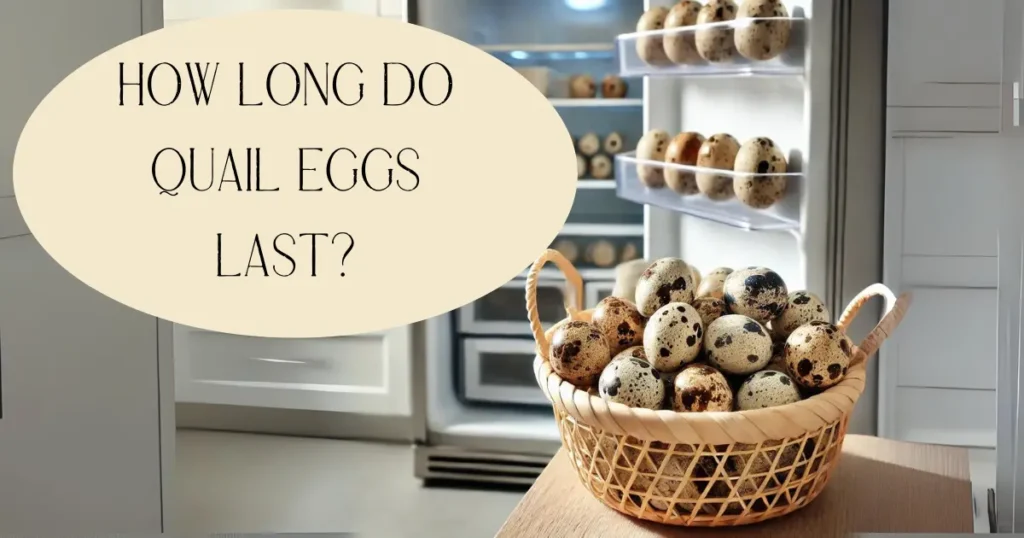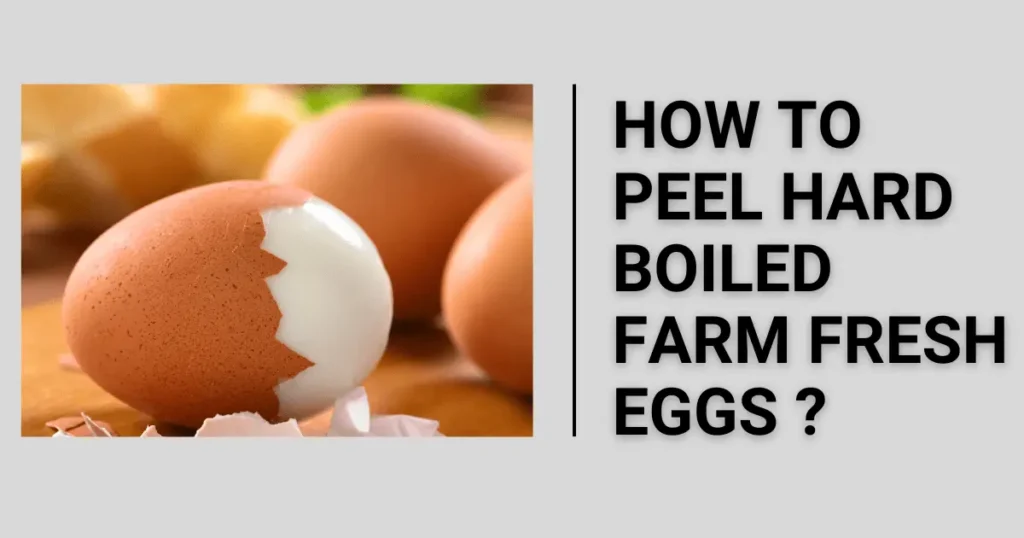Have you ever wondered how long those tiny, speckled quail eggs can stay fresh on your fridge shelf? While they might seem delicate, they can actually be quite durable when stored properly. Quail eggs, known for their small size and rich nutritional value, can last up to 6 weeks if stored correctly. The shelf life of quail eggs largely depends on storage conditions, just like chicken eggs, but with a few unique differences. In this article, we’ll delve into the world of quail egg longevity, exploring factors that affect their shelf life and providing practical tips to keep them fresh for as long as possible.
So, let’s crack open this mystery together and discover the secret to prolonging the life of your quail eggs!
How to Store Quail Eggs Properly
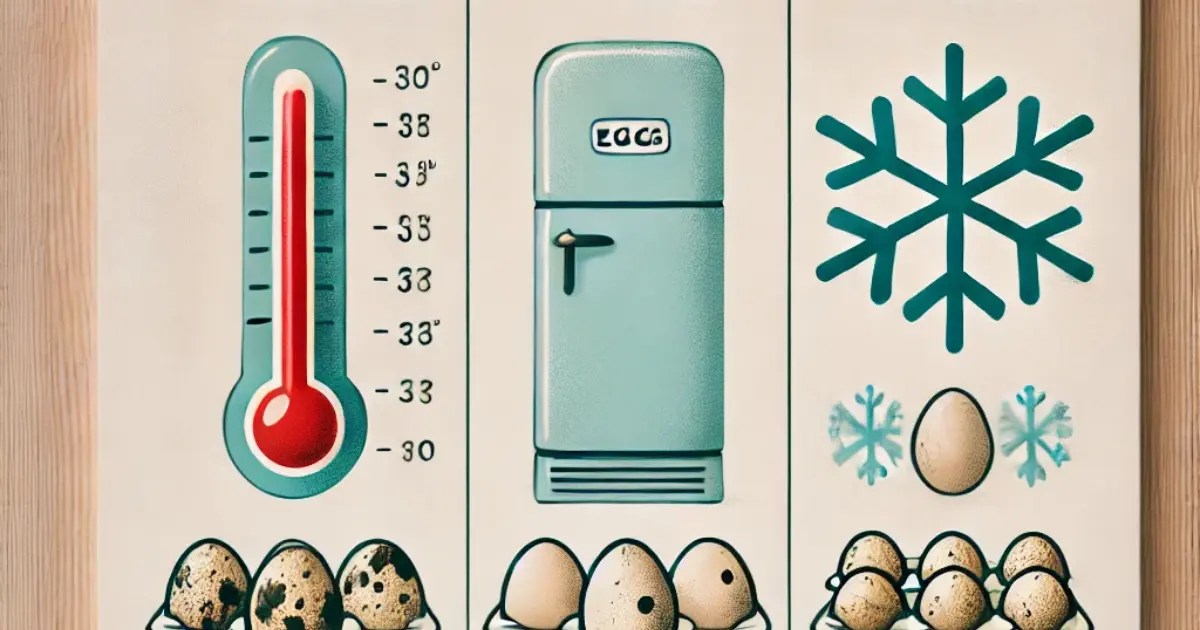
Proper storage is the key to extending the shelf life of quail eggs. Here’s a guide to how long quail eggs last under different storage conditions:
-
Room Temperature:
Quail eggs can last around 2 weeks when kept at room temperature. However, this time frame can be shorter in warmer climates. It is recommended to refrigerate them to extend their freshness.
-
In the Fridge:
In a refrigerator, quail eggs can last between 4 to 6 weeks. The cooler temperature helps preserve the eggs, keeping them fresh and safe to eat for a longer period.
-
Freezing Quail Eggs:
While not common, quail eggs can be cracked and frozen if you want to store them longer than 6 weeks. In this case, separate the yolks and whites before freezing, as whole eggs may not freeze well.
Key Factors Influencing Quail Egg Shelf Life
Several factors can influence how long quail eggs last, including:
- Storage Temperature: Cooler temperatures significantly extend the life of quail eggs. So it’s best to keep them in the refrigeration for better and extended shelf life.
- Eggshell Condition: Quail eggs have naturally tougher shells than chicken eggs, which help protect them from spoilage. But once cracked or damaged, their shelf life decreases.
- Washing: Unwashed quail eggs last longer because the eggshell’s natural coating (called the bloom) protects against bacteria. Washing removes this layer, making the eggs more prone to spoilage.
Quail Egg Storage Duration
| Storage Condition | Shelf Life |
| Room Temperature | 2 weeks |
| Refrigerated (Fridge) | 4-6 weeks |
| Frozen (separated yolk and whites) | Several months |
| Unwashed Eggs (Fridge) | 6 weeks |
| Washed Eggs (Fridge) | 4 weeks |
Signs That Quail Eggs Have Gone Bad
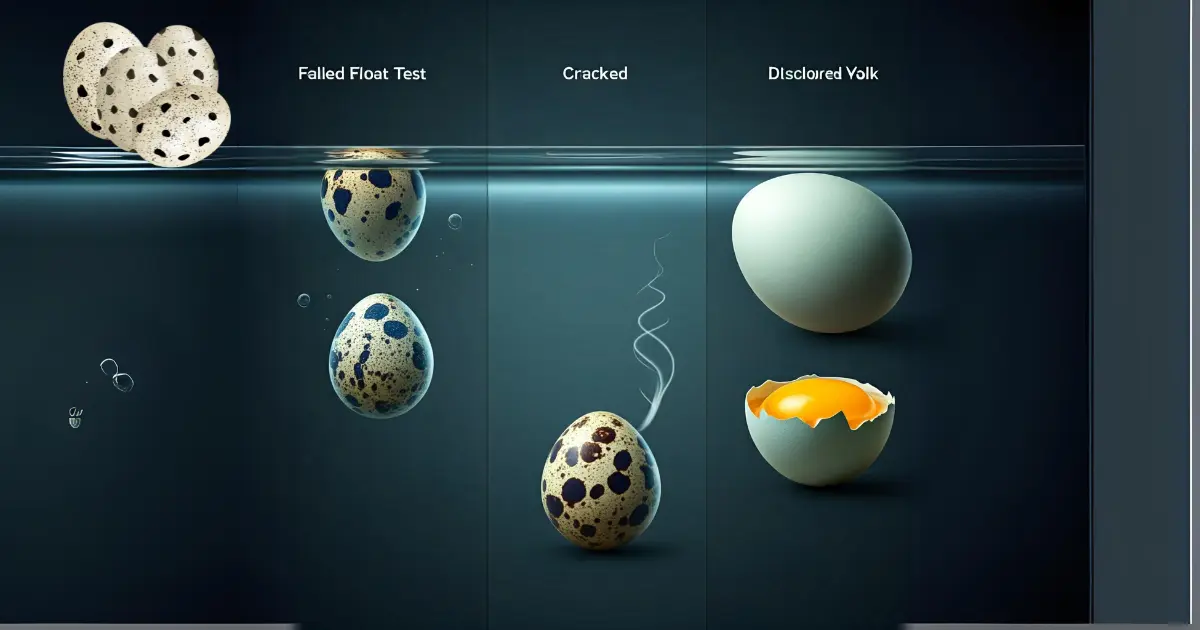
It’s important to recognize when quail eggs are no longer safe to eat. Here are some indicators:
- The Float Test: Place the egg in water. If it floats, it’s likely bad. Fresh eggs will rest flat on the bottom of the water.
- Smell: If you notice a sulfurous or rotten smell when cracking the egg, it’s no longer good.
- Appearance: Discolored yolks or an odd texture inside the shell can indicate spoilage.
Best Practices for Extending the Shelf Life of Quail Eggs
To get the most out of your quail eggs, follow these practices:
- Refrigerate Promptly: As soon as you purchase or collect your quail eggs, store them in the fridge to ensure maximum freshness.
- Use an Egg Carton: Keep the eggs in a clean egg carton to avoid any contamination and to protect them from breakage.
- Avoid Washing Until Use: Try not to wash the eggs until you’re ready to use them, as washing removes the protective coating.
Are Quail Eggs Different from Chicken Eggs in Terms of Shelf Life?
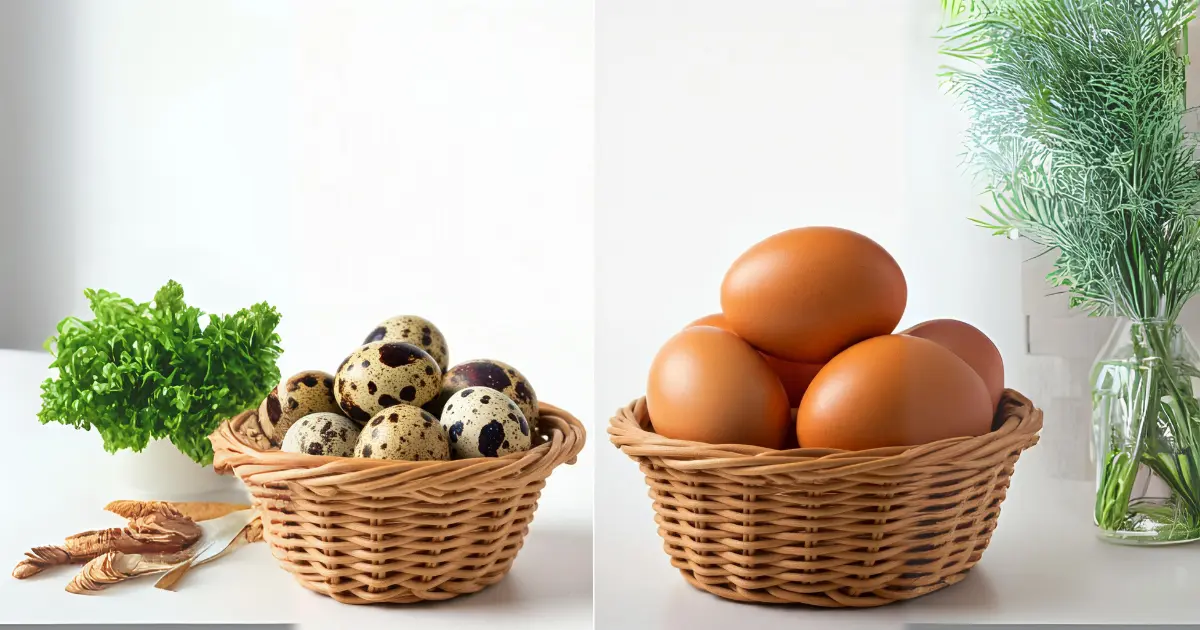
Quail eggs tend to last longer than chicken eggs when stored properly because of their thicker shells. Both eggs benefit from refrigeration, but quail eggs may stay fresh a bit longer due to their size and shell strength. To learn more about the difference , you can check this article:
Cooking Quail Eggs: Quick and Easy
Quail eggs are versatile and cook faster than chicken eggs due to their smaller size. Here’s how to cook them:
- Boiling: Boil quail eggs for 2 to 4 minutes for soft-boiled or 5 minutes for hard-boiled. Their delicate shells require careful peeling after cooking.
- Frying: Heat a small amount of oil in a pan, crack the quail eggs, and cook for 1 to 2 minutes for a sunny-side-up or fried egg.
- Poaching: Poach quail eggs by gently simmering them in water for 1 minute.
Quail eggs make a great addition to salads, appetizers, or breakfast dishes, offering a rich flavor in just a few minutes. To know more about the usage of these miniature eggs, you can check this article linked below:
As we’ve seen, quail eggs, despite their diminutive size, can be surprisingly resilient when it comes to staying fresh. By understanding the factors that influence their shelf life and following a few simple storage guidelines, you can enjoy these nutritious delicacies for a longer period.
So, the next time you’re tempted to toss those quail eggs out of an abundance of caution, remember: with a little care, they can be a delicious and long-lasting addition to your culinary adventures.
External Resources:
https://fdc.nal.usda.gov/fdc-app.html#/food-details/172191/nutrients

